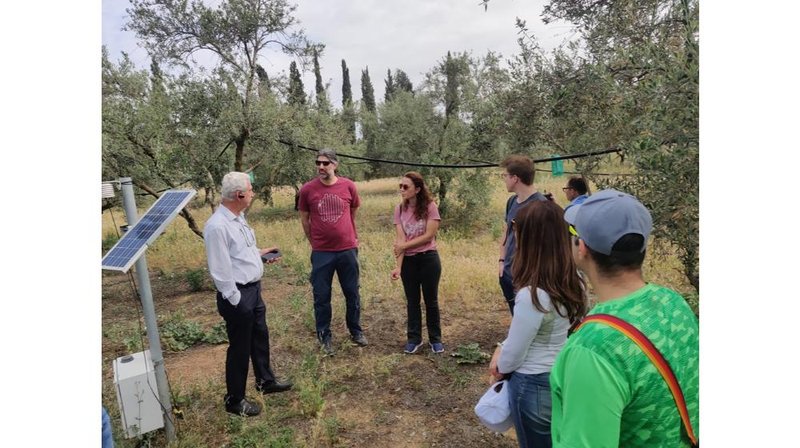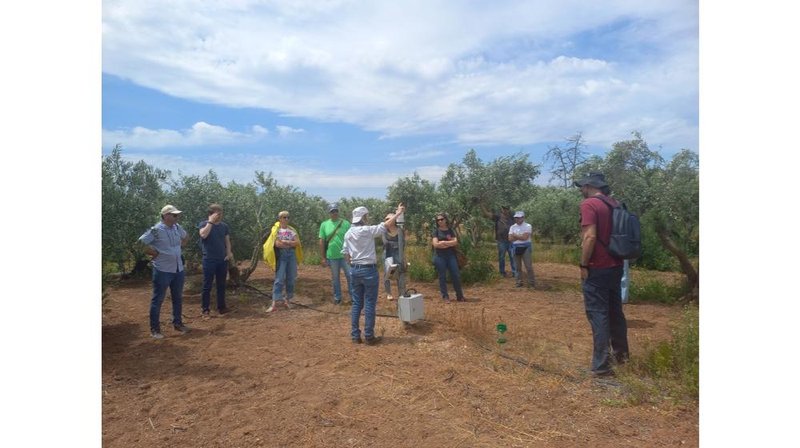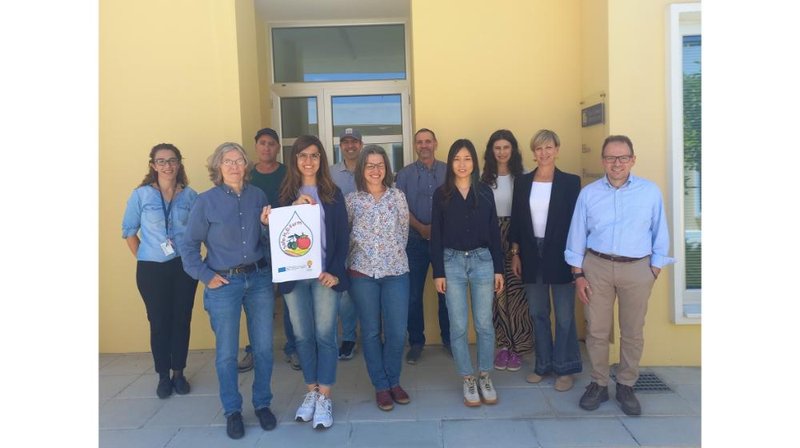Cyprus Institute hosts soil pollution reduction meeting
08:13 - 07 June 2024

The first annual meeting of the PRIMA Safe-H20-Farm project which aims to build sustainable nitrogen fertilisation, water management, weed and pest control to reduce water and soil pollution and salinisation in the Mediterranean, using olives and tomatoes as representative crops, was hosted by the Cyprus Institute.
According to a press release by the Cyprus Institute, the coordinator of the project, Dr. Michela Farneselli, of the University of Perugia in Italy, stressed that cooperation is needed to make agricultural production in the Mediterranean region sustainable.

It is added that she brought together a multi-disciplinary group of agricultural and environmental researchers from Croatia, Cyprus, Germany, Israel, Italy, Spain and Turkey to develop sustainable agricultural practices for food systems according to “Farm to Fork” strategies.
It is further noted that Marco Orlando from the Partnership for Research and Innovation in the Mediterranean Area (PRIMA Program) in Barcelona, who joined the meeting online, encouraged the meeting participants to disseminate their agricultural solutions to farmers and other stakeholders in the agricultural knowledge and innovation system.
"During their visit in Cyprus, the researchers exchanged knowledge and experience on the latest technologies for observing and controlling weeds, pests and agro-chemicals in olive and tomato production," the press release reads.

The researchers also visited olive farms in Deftera and Astromeritis, where The Cyprus Institute is conducting field research on irrigation scheduling and nutrient management.
It is stated that the visiting researchers were impressed by the organic farming practices and the focus on olive oil quality at Strakka farm. At the sewage treatment plant in Astromeritis, the manager explained to the researchers how the water is treated and tested before it is supplied for irrigation to the farmers.
The press release notes that the water research team of the Cyprus Institute researchers are sampling and analysing nitrogen contents in the rootzone and leaves of the olive tree. They are also recording the water content in the soil to understand the water flows.

Associate Professor Adriana Bruggeman highlighted the importance of making knowledge of nutrient contents in recycled water understandable for farmers. This will reduce the cost of fertiliser applications for farmers and reduce losses of nitrogen to the environment.
It is added that the Safe-H20-Farm project is part of the PRIMA Program, which is supported by Horizon 2020, the European Union's Framework Program for Research and Innovation. The research activities of the Safe-H2O-farm Project are funded by the national research foundations of cooperating scientists.
In Cyprus the research is funded by the Republic of Cyprus through the Cyprus Research and Innovation Foundation, the press release concludes.

